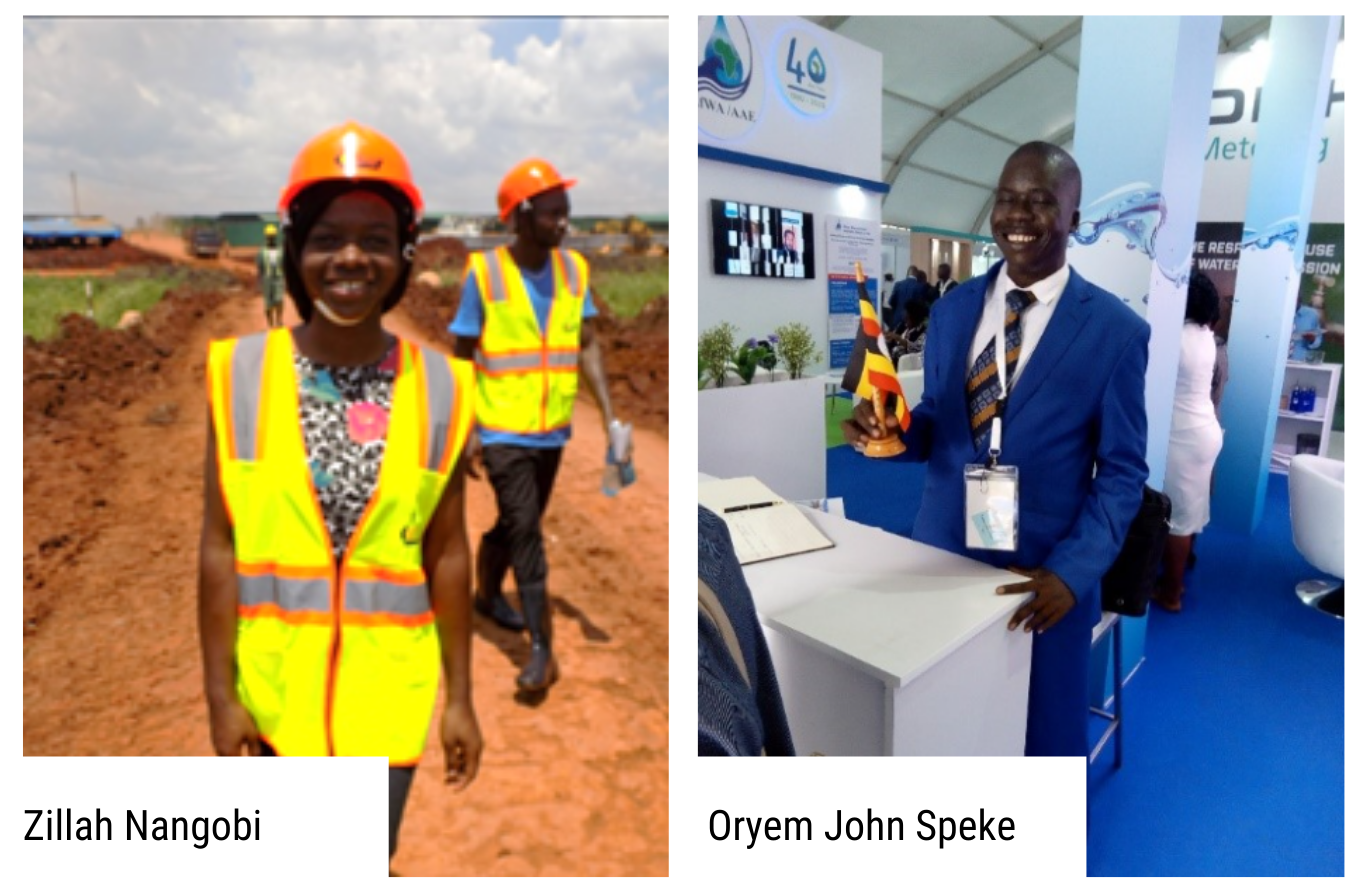Uganda’s geography makes it a hub for migrants. Sharing borders with five other countries, it acts as the confluence for the stream of refugees in southeast Africa. Most of these refugees come from two of Uganda’s neighbours; South Sudan and the Democratic Republic of the Congo (DRC). Driven by conflict and food insecurity in South Sudan, or inter-ethnic violence in the DRC, refugees have found a safe haven in Uganda.
The country is lauded as one of the most hospitable for refugees, a reputation grounded in the 2006 Refugee Act and the 2010 Refugee Regulations. Under this legislation, refugees in Uganda are afforded freedom of movement, the right to own property, the right to work and establish businesses, and access to services including education and healthcare.
Despite the obvious humanitarian and economic benefits of Uganda’s open-door policy, the unrelenting inflow of refugees is straining the capacity of local government authorities. 81% of these refugees are women and children, with specific needs regarding accommodation, sanitation, and protection.
For a country that has proved so welcoming to those in need, Uganda must also be supported to prevent local services buckling under the pressure.
.png)
RedR UK Responds
Last year, we issued a survey to Ugandan engineers to gain a better understanding of the skills they needed to assist the burgeoning refugee population. 78% of respondents said they did not have an understanding of the humanitarian system, with many citing a lack of resources and knowledge of humanitarian standards as significant problems.
To provide these skills where needed, we ran a project – Humanitarian Engineering Skills in Uganda – that aimed to build a community of local engineers with the ability to respond to humanitarian needs in the country.
From disaster risk reduction to community engagement, our six-week course trained 132 Ugandan engineers in the skills needed for effective humanitarian action. The course was very well received, with 99% of participants rating the training as excellent or good. Equipped with new skills and knowledge, these engineers are now able to respond to crises and drive development in their communities.

Building the Skills of Local Engineers
Zillah Nangobi is an engineering student based in Kampala, Uganda’s capital and home to more than 93,000 refugees. Zillah participated in our training and is ready to put her skills into action. She knows that when it comes to a holistic humanitarian response, engineering is an integral part of it.
“I plan to use the skills and knowledge I obtained through this training by getting involved in humanitarian projects which allow me to put my skills into practice, helping vulnerable people.
It is important to enable people who are passionate about saving and helping others to have the right skills to approach problems in a humanitarian setting. In particular, people practicing engineering are natural problem solvers, so equipping them with these skills will help them handle humanitarian situations.”
Oryem John Speke is a civil engineer and another participant in the Humanitarian Skills project. As well as engineering, he fundraises for those in need and performs voluntary work to improve water access in his community.
“The primary objective of humanitarian action is to save lives, provide safety and security and maintain human dignity. It is beneficial to combine these objectives with engineering expertise because most of the areas and settlements for refugees become urbanised, requiring engineering-based solutions to improve the standard of living. Most recently, for example, I used the knowledge gained from the RedR training to mobilise the people in my home village and constructed a well for drinking water.”
A cohort of engineers like Zillah and Oryem are now ready to assist communities in Uganda whenever needed. Their humanitarian skills, complemented by their engineering expertise, will enable them to respond effectively in a humanitarian environment. The flow of refugees into Uganda shows no sign of slowing, but with the help of those such as Zillah and Oryem, the country will be better placed to provide for those in need.
Our special thanks for funding this project goes to Engineering X, an international collaboration founded by the Royal Academy of Engineering and Lloyd’s Register Foundation.
